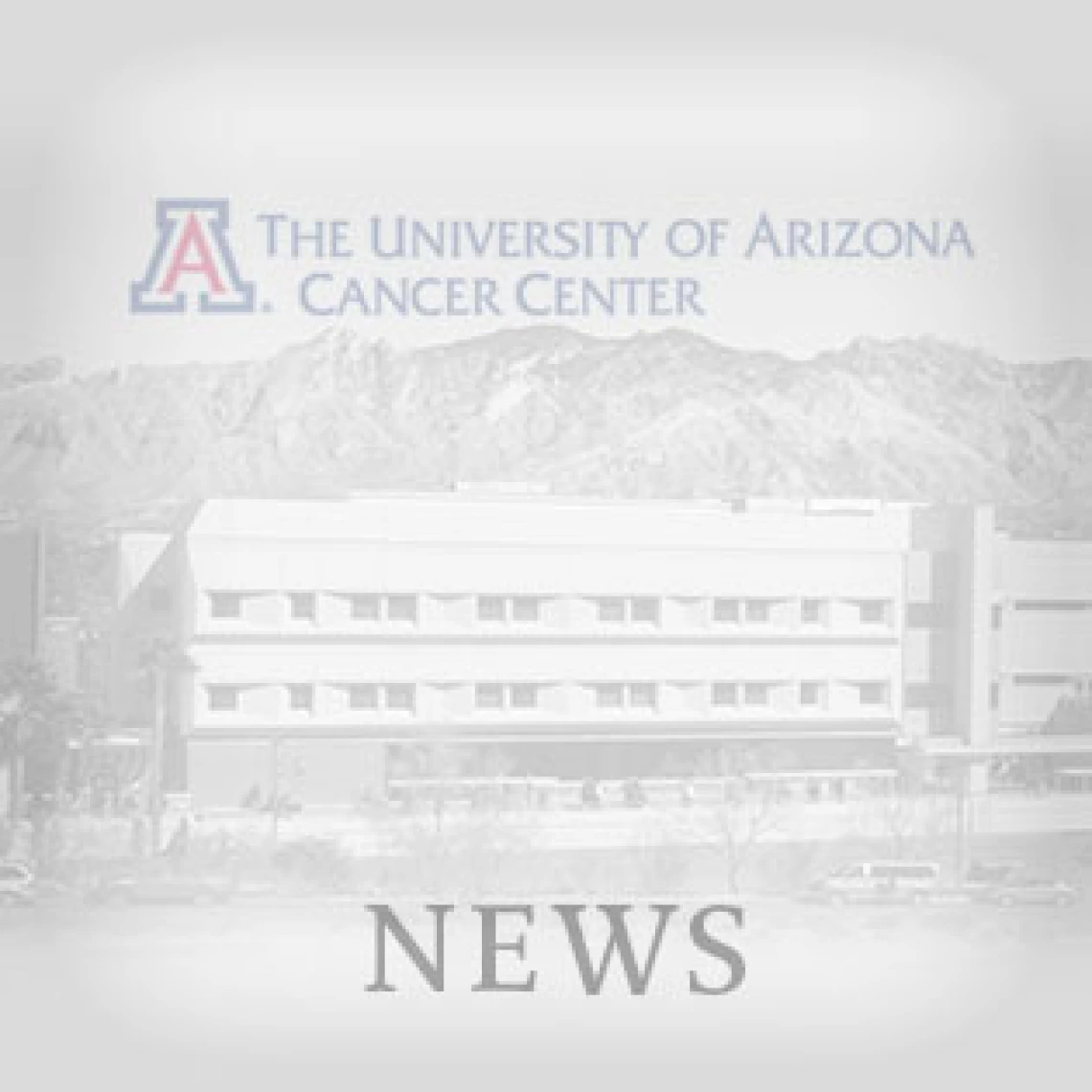The future


Researchers and clinicians at the University of Arizona Cancer Center are responsible for countless scientific breakthroughs, while helping to improve the standard of care for cancer patients throughout the world. These advances, however, are just the first steps toward achieving the ultimate goal — to prevent and cure cancer.
The concept of personalized medicine, spearheaded by the UA Cancer Center’s founding faculty, is becoming a reality, thanks in large part to a collaborative, multispeciality approach that acts as the thread that runs through each research project.
Many up-and-coming physician scientists are picking up where the founding faculty left off, combining the visionary approach that put the UA Cancer Center on the map with the exciting technological innovations that continue to break down barriers.
In the cancer biology program, Gregory Rogers, PhD, and his lab is exploring cancer at the molecular level. In  imaging, Mark “Marty” Pagel, PhD, is redefining how we look at cancer and how it can be treated.
imaging, Mark “Marty” Pagel, PhD, is redefining how we look at cancer and how it can be treated.
In therapeutics, Bernard Futscher, PhD, is among the forward-thinking drug developers responsible for more precise, targeted intervention, with George Watts, PhD, establishing himself as an expert in the field of genomics.
These are just a handful of the countless exemplary thinkers and doctors who are responsible for the UA Cancer Center’s bright future, which will soon include a comprehensive cancer services center on the Phoenix Biomedical Campus.
As the UA Cancer Center prepares to establish itself as a global leader in cancer treatment in the 21st century and beyond, the imagination and innovation that defined this place at its inception will be what carries it into the future.
Prevention
There is, of course, one — and only one — foolproof cancer treatment method, and that’s to do everything in one’s power not to get cancer in the first place.
For the vast majority of NCI-designated cancer centers, the drug/therapeutic development program is the biggest, in terms of staffing, resources and available funding opportunities. For others, it’s the cancer biology program.
The University of Arizona Cancer Center is one of a very small number of NCI-designated cancer centers where prevention receives the largest spotlight.
“From the very beginning, it was our mission to do everything in our power to stop cancer in its tracks so it couldn’t even have the opportunity to impact a person’s life,” said David Alberts, MD.
 From the groundbreaking colon-cancer-preventing drug combinations developed by Eugene Gerner, PhD; to the use of Melanotan in the field of skin cancer prevention; to Cynthia Thomson, PhD, RD, CSO, and her world-renowned work in health and nutrition, the UA Cancer Center has hosted many researchers who have spearheaded some of the most innovative pre-cancer work in the science world.
From the groundbreaking colon-cancer-preventing drug combinations developed by Eugene Gerner, PhD; to the use of Melanotan in the field of skin cancer prevention; to Cynthia Thomson, PhD, RD, CSO, and her world-renowned work in health and nutrition, the UA Cancer Center has hosted many researchers who have spearheaded some of the most innovative pre-cancer work in the science world.
“Cancer prevention has been a major strength for us for many years,” said G. Timothy Bowden, PhD. “We’ve led the way in developing new, exciting chemopreventative agents, along with peer-reviewed studies related to obesity and its relationship to various cancers.”
The future of cancer treatment continues to evolve, but every expert in the field agrees that a healthy diet and a regular exercise routine can do more to rid the world of cancer than anything else.
-Nick Prevenas, Nov. 21, 2013
This series features only a sampling of the countless groundbreaking research projects and inspiring patient care stories that have taken place at the University of Arizona Cancer Center.
OUR HISTORY: This is a series of essays and interviews discussing the history and impact of the University of Arizona Cancer Center.

